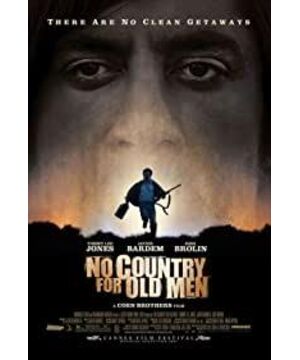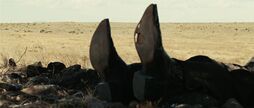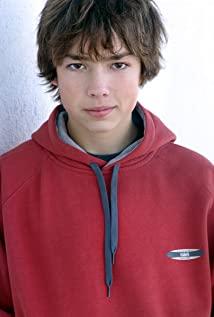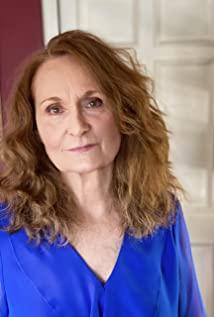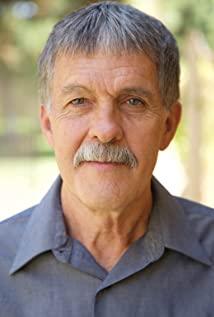Llewelyn Moss, the protagonist, lives in a small western Texas town. He served in the Vietnam War as a young man and was a welder, cowboy, and divorced father after his retirement. Moss looks rough and boring, indifferent to everything, but has the toughness and agility and survival fighting spirit left over from war experience. An unexpected encounter leads him to a fortune that does not belong to him, and he is constantly hunted down by Anton Chigurh. Like all masked perverted killers, Higurh is cool and eccentric, lacking the motives of normal people. The rigid and smooth body movements are aesthetically pleasing, and the mushroom head and brown almond eyes even have a naive affinity. If it's just for fun, the character is too flat. In fact, Higurh in the film hates blood, and he never shows the same enjoyment of violence that Alex had in Kubrick's camera. There is, rather, a certain serious solemnity in his murderous state. Committed crimes for "principles", this point is repeatedly emphasized through the narrative perspective of others. But if you continue to investigate the content of the "principle", it seems that it is just an accident determined by a coin toss. It's absurd, and that's the charm of Higurh - his near-religious obedience to principles in his behavior, even though he clearly knows that there are no "principles" at the ontological level. Yes, "knowing clearly" - compared to the animal survival instinct embodied by veteran Moss, Higurh has a speculative consciousness, he has the ability and interest to focus on higher-level problems, and even takes care of himself before committing murder. ask questions. But even so, he can still steadily implement an inherently empty goal and maintain a solid sense of belief. The frustration, disintegration, insignificance, bewilderment, feeling of "no country" that the average person experiences in the face of disorder, confusion, and loss of meaning, does not seem to pose a problem to him. This allows him to appear graceful, dependable and orderly even in the most distressed circumstances. So, at the end of the story, when Higurh told Carla to flip a coin to decide life and death, and somewhat impatiently explaining why he had to do it, Carla nearly collapsed and made a righteous accusation, "the coin don't have the no say ! It's just you! Times have changed, they are always changing, and good or bad is not the right measure. As with Bell, it would be inaccurate to describe Higurh as an "evil" person, he is an "alien" and thus incomprehensible, inaccessible, and incapable of judgment. The feeling conveyed by Higurh is similar to the feeling conveyed by an unfamiliar era to those who have passed away. The divide is similar. Barriers are similar. The impossibility of speaking and understanding are similar. Young people don't worry about this, they have enough time to put their hopes in a "future in which God will eventually enter." But those who have little time are desperate for an answer. However, the answer is not yet known, redemption has not come, and everything around him has become increasingly unfamiliar. If what is waiting at the end of life is not the other side, but only the natural metabolism of the torrent of time. so what should I do now. After Moss died, Bell returned to his hometown to visit his father. At the end of the conversation, my father said, You can't stop what is coming, it ain't all waiting on you. That's vanity. Nothingness like the wilderness.
View more about No Country for Old Men reviews


